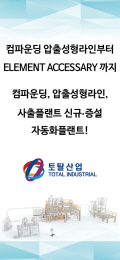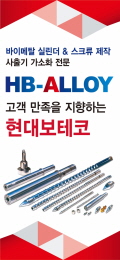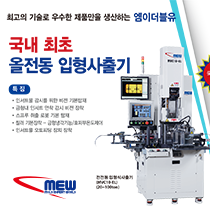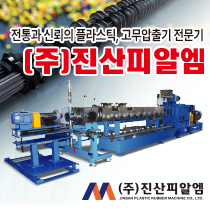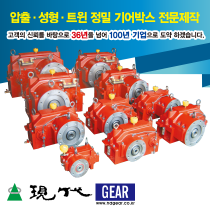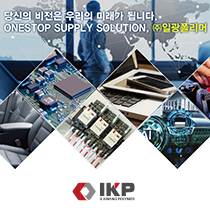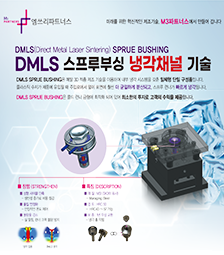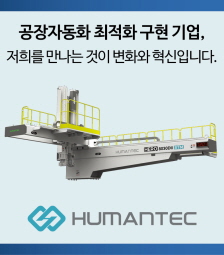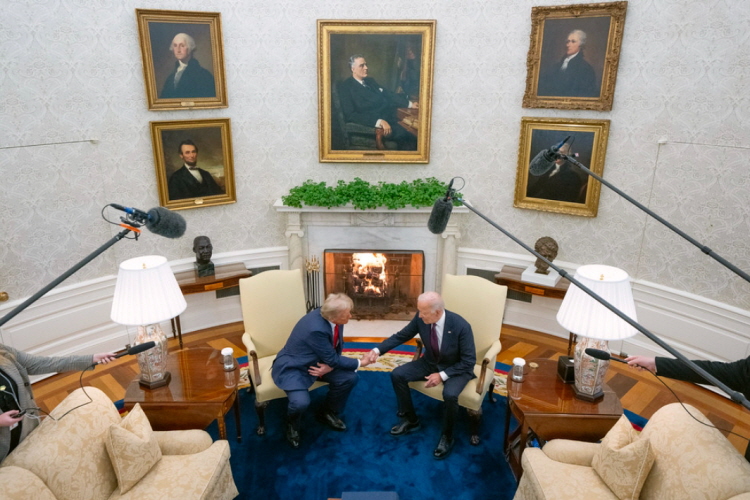Some auto suppliers ‘won't make it' through reopening challenges, analyst says

Ford started resuming production and operations in the United States today. The company has implemented robust safety and care measures globally to help support a safe and healthy environment for the company’s workforce, including health assessment measures, personal protective equipment and facility modifications to increase social distancing.
Detroit — As the automotive industry reopens production in North America, some members of its supply chain are facing challenges from the COVID-19 pandemic and an income gap from widespread shutdowns of nonessential production.
Ben Holder, president and CEO of Lindstrom, Minn.-based Plastic Products Co., told Plastics News the injection molder has faced "a huge challenge" amid reduced demand in the industry.
The company was able to stay open for some essential production throughout shutdowns, Holder said, but it has done "a lot of reducing operations then increasing operations again," due to its two largest customers shutting down plants because of COVID-19 cases in their facilities and decreased output as they implement production line changes for social distancing.
"We are managing as well as we can," he said.
"Sales for May were only 70 percent of budgeted levels," Holder added. "A few employees have expressed concerns [over COVID-19] in certain locations but concern is not widespread."
Injection molder MVA Stratford lost about 10 percent of its workforce during shutdowns for "various reasons," including those employees moving, finding other opportunities or a lack of childcare, General Manager Jason Cousins said in an email.
"We have hired to react to this and are still in process of getting back to full staff," Cousins said. "We expect to be back to normal head count with new hiring within a few weeks. We also see large increases from our customers that will challenge capacity in the coming months for both machine and labor."
Planning ahead with customers "helped a lot" with restarting efforts, he said, "but we were not given a lot of notice on how quickly the numbers would recover and surpass old volumes again. Our customers did openly communicate though and were giving all the information they had to give us."
"We are hoping that [case] levels stay at pre-COVID shutdown or a slight increase that is manageable," Cousins added. "It is uncertain though what the future will bring with auto sales. Forecasts do look very strong though."

Charlotte Smith/Ford Motor Co. Ford has started resuming production and operations in the United States. As the automotive industry reopens throughout the country, some members of its supply chain are facing challenges from the coronavirus pandemic and an income gap from widespread shutdowns of nonessential production.
‘Kinks in the supply chain'
Some suppliers might be more financially poised to revamp production more quickly than others, Laurie Harbour, CEO and president of consulting firm Harbour Results Inc., told Plastics News, but she said to expect "kinks in the supply chain … because there's going to be a lot of molders that won't make it."
Going into 2020, many Tier 2 suppliers were already "not financially healthy," Harbour said, and loans from the U.S. Small Business Administration Paycheck Protection Program are now "masking the problems."
"They had bad balance sheets, bad profit or no profit," she said. "Then they got hit by COVID, and great, they got a bunch of money to make payroll. … It's like a Band-Aid."
As suppliers revamp their production levels, cash on hand will be a deciding factor for them to purchase raw materials, tooling, "and all the things that go into the supply chain," Harbour said.
"There's some very strong shops who are making it through, no problem, and they're going to take over work from others," she said. "Those guys will be the ones who survive. … The most important thing is managing how you manage the labor and the PPP loans."
Harbour said her firm is advising suppliers to take PPP money "as a loan" and focus on improving efficiency, which "the molding industry has lost sight of," rather than on attempting to qualify for loan forgiveness by bringing back employees early.
"This is a low-interest loan, only 1 percent," she said. "It's not collateralized. You don't have to sign your house away. Don't bring back all the people just so you can get forgiveness on the loan. That's the wrong behavior.
"You need to look at your volumes and if you're only going to be at 70 percent of pre-COVID levels, you need to get rid of some of your workforce or at least keep them on longer-term layoffs," Harbour added.
Workers should come back only when needed to build parts.
"This isn't going to go away in the blink of an eye, and there's going to be something else behind it," she said. "Whether it's a second breakout or this huge recession we might have, you name it. We have to use this opportunity from COVID to finally get better and stop being complacent.
"The second challenge is in forecast," Harbour said. "People have been told to come back and be ready to make parts but might not be getting forecasts from their customers."
Tier 1 suppliers may not know what their OEM customers need, she said, "so how do they then tell their suppliers what they need?"
Some suppliers may also need to take time to deplete their inventories as OEMs take stock of their own.
Harbour said she expects these communication, demand and workforce challenges will likely be faced through the end of June and that orders to suppliers will be "sporadic."
"In July, I'm seeing numbers that are double what they are in June," she said. "We get to the end of June and plants stay open and Tier 1s stay open and we don't have a lot of [COVID-19] cases and it stays flat, I think we're going to see things ramp up pretty quickly in July and August."
The kinds of vehicles suppliers' products go into will also affect their ability to bounce back, Harbour said.
"Suppliers doing trucks, pickups, SUVs that are selling really well, that stuff is going to go heavy," she said. "We're down to like 10 days of inventory on pickup trucks — the lowest I think we've ever been. Those suppliers that are on cars and vehicles that still have volumes, even some of the luxury models, are not going to ramp up as quickly."

Liquidity front and center
"It's really dependent on what's going on with your customers and the supply chain," Steve Hilfinger, a partner with Detroit-based Foley & Lardner's automotive industry advising team, said. "It's the same things that were relevant before. That would have been the case six months ago. … That's not COVID-specific.
"When all this hit in March, the front and center issue was examining liquidity," Hilfinger said. "If companies thought they'd hit a bump in the road or potentially default on their credit agreements, they drew down their lines of credit if they were able to. … A lot of companies did that to generate dry powder; you saw that with GM and companies of all size."
During the shutdown, he said, suppliers still received payments "from work or parts that they shipped 45 days before that."
"We haven't hit the liquidity pinch that we're going to start to see as suppliers ramp up," he said. "As they have to order more raw materials, this will be the period that those receivables are not coming in related to the period they were shut down."
Hilfinger said that early payment plans by OEMs and Tier 1 suppliers through lenders can help, "especially if the discount rate isn't too severe."
"Another way would be just to go directly to your customer and ask for traditional accommodations — say faster pay vs. going to the bank and factoring receivables," he said. "It's a good way to short-circuit some of that and simply negotiate quicker payment terms.
"Eventually as we start to ramp up production, there might not be as much as the need for factoring because there won't be that hole that's starting to open now," he added. "I think that the third quarter will be when the pinches really start to hit for some companies."
Longtime trending programs like autonomous vehicles and mobility that had been driving a lot of automotive investment activity might be pushed back in 2020 due to a lack of surplus capital, Hilfinger said.
"I think right now people are just trying to figure out how to get to the other side of this crisis, and they're conserving cash and capital to a great extent. There's so much more uncertainty than when we just had simple problems like tariffs to worry about."
source : https://www.plasticsnews.com/news/some-auto-suppliers-wont-make-it-through-reopening-challenges-analyst-says

